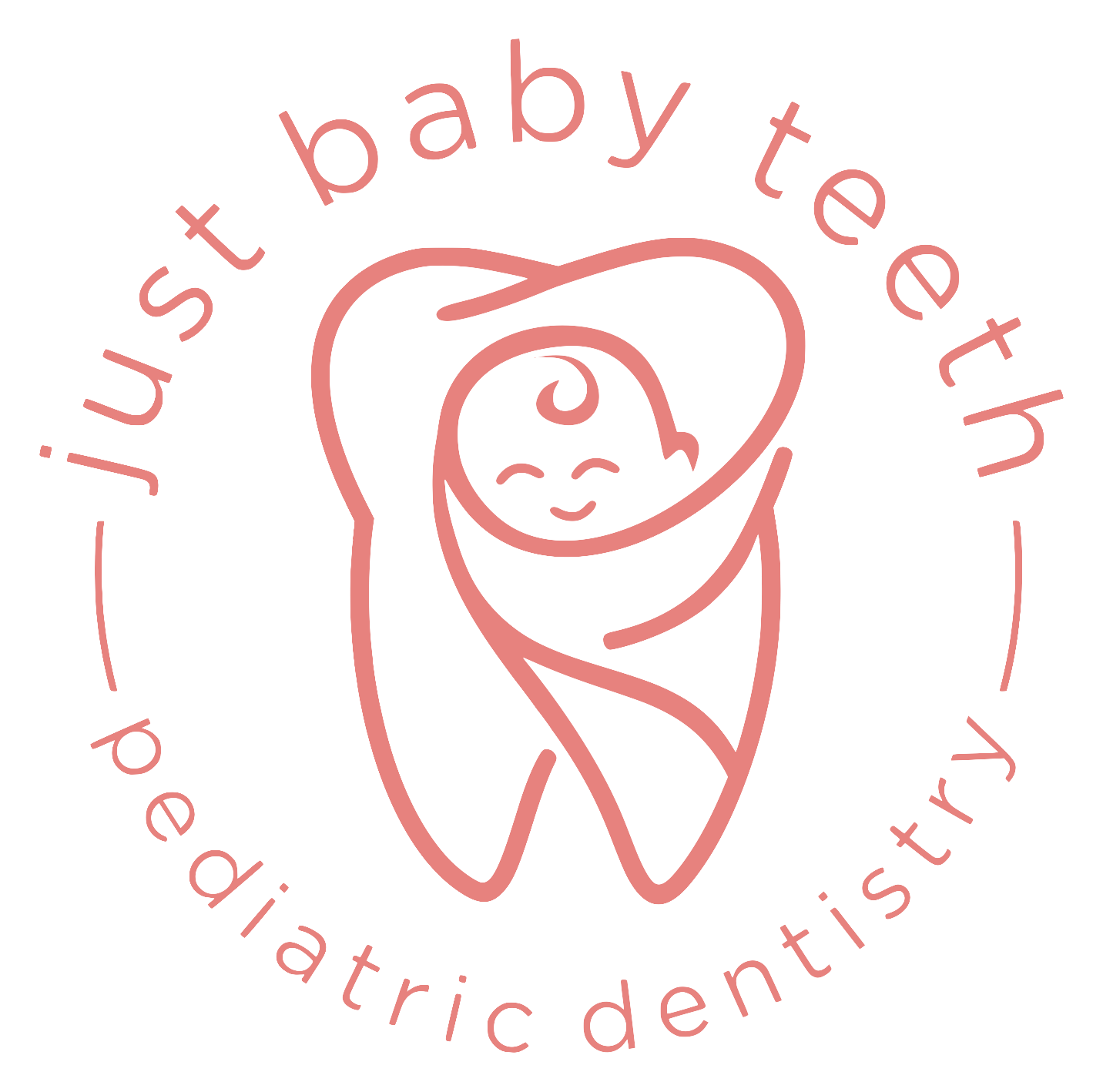5 Proven Tips to Prevent Cavities in Babies
Did you know that dental caries, or cavities, are the most common chronic disease affecting both children and adults worldwide according to the World Health Organization?
This might sound daunting, especially for new parents, but here’s some good news — cavities are 100% COMPLETELY preventable. As a pediatric dentist with years of experience in preventative care, I'm here to guide you through simple, effective strategies to ensure your baby starts off with the best dental health possible.
1. Start Oral Hygiene Early
Cleaning Gums and Introducing Toothbrushing
One of the most crucial pieces of advice I give to all new parents at my practice is to start oral hygiene routines before your baby's first tooth even appears. Using a soft, damp cloth or a silicone finger brush to gently clean your baby’s gums not only keeps them healthy but also helps establish oral care as a normal part of your baby’s daily routine.
Why Start So Early?
Starting these habits early has two main benefits: firstly, it establishes a routine. This is something you’ll appreciate later when your toddler is less likely to resist brushing. Secondly, it gets your baby used to the feeling of having their mouth cleaned. This helps tremendously with desensitization. In my own experience as a dad and dentist, my little one was much more receptive to brushing because we made it a part of her routine from the very start. We aimed for brushing twice a day, ideally after meals, even if it was just for five to ten seconds at a time.
2. Be Mindful of Feeding Practices
Understanding the Impact of Nighttime Feedings
Nighttime feedings are essential for babies, but they come with dental risks. It’s important to discuss with your pediatrician when and how to phase them out. Ideally, by the time the first tooth erupts or by the baby’s first birthday, nighttime feedings should stop. This is crucial because the milk, which contains sugars, can sit on the teeth all night if a baby falls asleep with a bottle. These sugars convert to acids which can erode the enamel and lead to cavities.
Personal Insight
In my practice, I've seen many toddlers who developed their first cavities because of nighttime bottle-feeding with milk. It's a common misconception that milk, being natural, isn't harmful. However, the sugar in milk can be just as damaging as sweetened beverages if left on the teeth overnight.
3. Introduce Fluoride Appropriately
The Right Amount Matters
The American Academy of Pediatrics recommends using a smear or grain-of-rice-sized amount of fluoride toothpaste twice a day as soon as your baby’s first tooth appears. You might be surprised that this should start so early, sometimes when a baby is just a few months old, but it’s vital for protecting emerging teeth.
The Role of Fluoride
Fluoride strengthens the enamel, making it more resistant to decay. I always reassure parents that this tiny amount is safe and effective, provided you're careful to use only a smear. It's enough to coat the teeth but not enough for the child to swallow.
4. Schedule the First Dental Visit Early
Why So Soon?
It’s crucial to get a dental checkup for your baby within six months of the first tooth's appearance or by age one, whichever comes first. The reasons are multifaceted: establishing a dental home, discussing any concerns with a professional, and early detection of potential issues. Setting up a relationship with a pediatric dentist early on can lead to lifelong good dental habits.
From Experience
Many parents ask why such early visits are necessary. One of my patients was a little boy who had his first dental visit late. We discovered a small cavity that could have been prevented with earlier intervention. Regular early check-ups allow for preventive care instead of reactive care, which is always the better path.
5. Foster Healthy Eating Habits
The Foundation of Dental Health
A well-balanced diet is pivotal in preventing cavities. Foods that are good for baby teeth include crunchy fruits and vegetables, and dairy products like cheese and yogurt, which help neutralize some of the acids that contribute to tooth decay. Equally important is avoiding sugary snacks and starchy foods that cling to the teeth and encourage decay.
My Tip
Make healthy eating a family affair. Children mimic their parents, so if they see you making healthy choices, they’re more likely to follow suit. In our home, we always try to snack on carrot sticks or apple slices instead of reaching for chips or cookies.
Let JustBabyTeeth Pediatric Dentistry answer any other questions you have about preventing cavities in babies.
If you have more questions about early oral hygiene or need pediatric dental services in Bergen County, NJ, you've come to the right place. JustBabyTeeth Pediatric Dentistry, led by Dr. Jimmy Shak, offers specialized, gentle dentistry just for kids. Request an appointment with our clinic today so we can assess your baby's dental health. We are trained to handle the unique dental needs of infants and young children, ensuring a comfortable and positive experience that sets them up for a lifetime of healthy smiles. Let us help you make the best decisions to protect your child's oral health.



